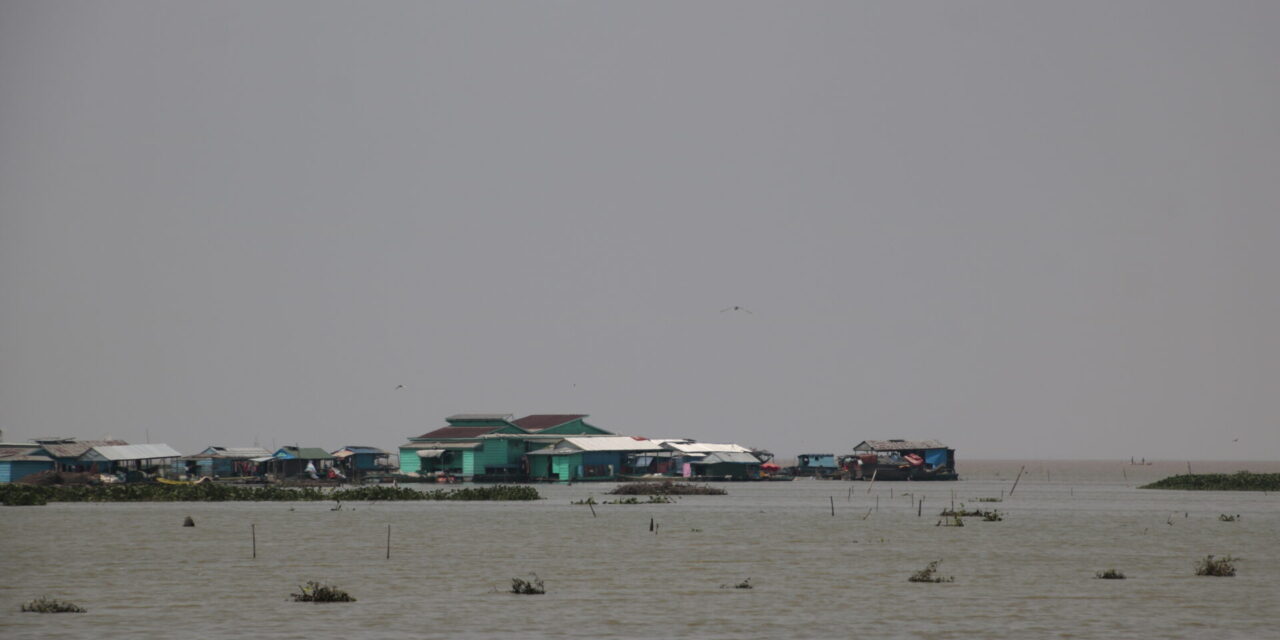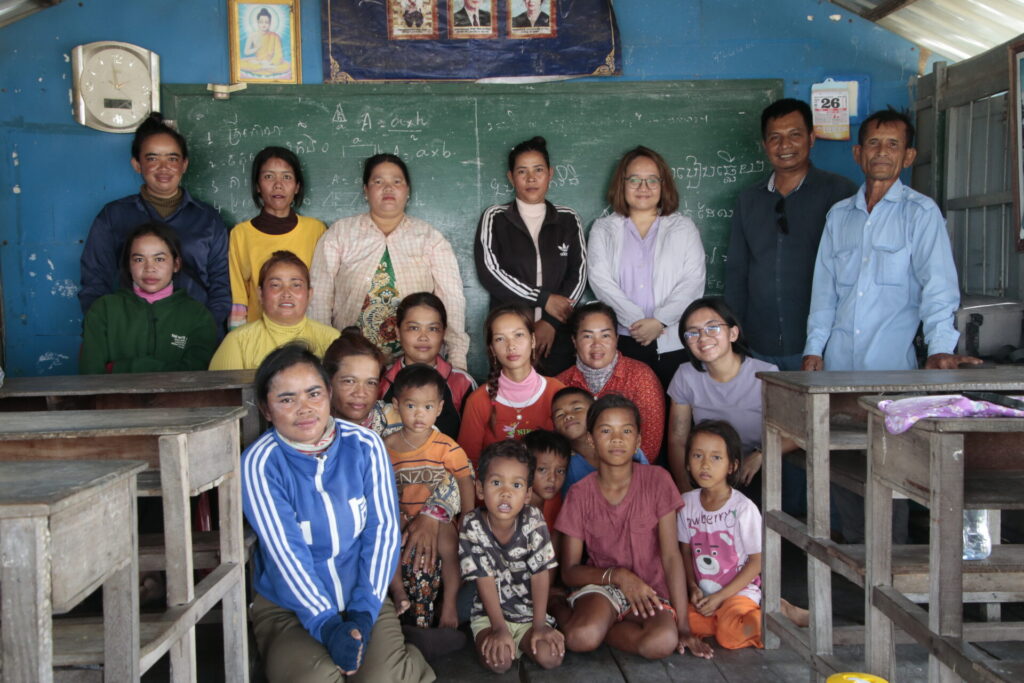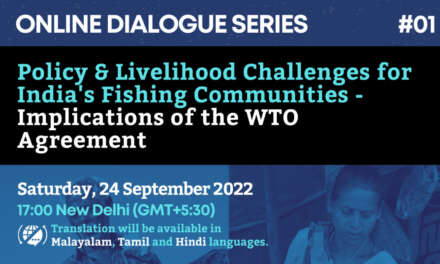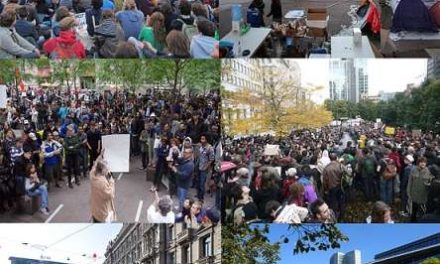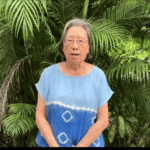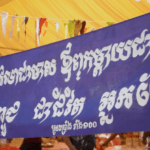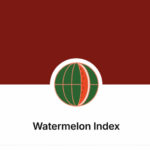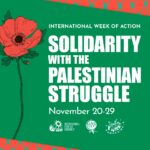In Kampong Lor village, Kampong Pou commune, Krakor district, Pursat Province, lies the Anlong Reang fishery site, home to around 100 households. Life here is challenging, with residents facing harsh conditions throughout the year. During the dry season, the water levels drop significantly, making fishing difficult. Conversely, in the rainy season, the water around the village often becomes polluted, carrying a bad smell and affecting the health of the residents. This pollution is due to the village’s location, which is not along the main river stream, causing water to stagnate and become contaminated.
The residents of Anlong Reang fishery site cannot plant vegetables due to the lack of suitable soil. Fishing alone is not enough to sustain them, so many families rely on producing dried or smoked fish, primarily handled by the women. This additional income is essential for their survival, but it is not enough to escape the cycle of poverty. The hardships faced by the community are severe. The lack of water during the dry season makes it difficult to catch enough fish to sell. Families often go into debt, borrowing money to buy food and other necessities. The rainy season, while bringing more water and fish, also brings polluted water that affects their health and the quality of the fish they catch. The constant exposure to polluted water can lead to skin diseases and other health problems, exacerbated by the lack of nearby medical facilities. The nearest clinic is a 40-minute boat ride away in another floating village, posing significant challenges during medical emergencies. Additionally, daily necessities like rice and vegetables are much more expensive than on land, further straining their limited resources. The women of the community spend long hours preparing dried and smoked fish, a labor-intensive process that adds to their already heavy workload.

Life on the lake is challenging, with residents facing harsh conditions throughout the year. Photo: Phun Phearun.
Despite these hardships, the women of Anlong Reang have shown remarkable resilience and ingenuity. With no support from the government, they have come together to form a cooperative. This cooperative provides a lending mechanism with minimal interest, designed to help the community members avoid the predatory practices of loan sharks. This initiative has been crucial in helping the community sustain itself during tough times, breaking the cycle of debt that many find themselves trapped in.
The resilience of the women in Anlong Reang fishery site is an inspiration to us, with their strength and creativity. They have managed to sustain their community through incredibly harsh conditions, finding ways to support their families and improve their quality of life. Their cooperative has become a lifeline for many, allowing them to borrow money during the dry season and repay it with the fish caught in the rainy season.
Looking to the future, the women of Anlong Reang have expressed a strong desire for a floating vegetable garden and a clean water filtering system to improve their living conditions. A floating vegetable garden would allow the residents to grow their own vegetables, reducing their dependency on expensive market produce and improving their nutrition. A clean water filtering system would provide safe drinking water, reducing the health risks associated with polluted water. These improvements would significantly enhance the quality of life for the residents of Anlong Reang, providing them with greater food security and better health.
Their efforts highlight the importance of community-driven initiatives and the critical role women play in sustaining and improving their communities.
—-
[1] Keskinen, M. (2006). The Lake with Floating Villages: The Socio-economic Dynamics of the Tonle Sap Lake. In M. Kummu, M. Keskinen, & O. Varis (Eds.), Modern Myths of the Mekong. Water & Development Publications – Helsinki University of Technology.
[2] Kummu, M., Sarkkula, J., Koponen, J., & Nikula, J. (2006). Ecosystem management of the Tonle Sap Lake: An integrated modeling approach. International Journal of Water Resources Development, 22(3), 497-519.

